Unreflected Reflections — Next step

by Robin Layfield
Ahead of the screening of the new film from the team behind unreflected reflections at Stroud Film Festival on Saturday 2 March at The Trinity Rooms from 4pm, I caught up with producer Ismail to learn more about the background to this remarkable project.
unreflected reflections is a beautifully made short documentary film made for and by Gloucester's first Muslim community. It centres on the development of the Friendship Cafe from a gym to a youth club and then a cultural and community centre, alongside the building of Gloucester's first Mosque, the Masjid-E-Noor on Ryecroft Street. Now the producer Ismail is bringing a follow up film to Stroud, called pioneering glimpses, that documents the fateful journeys those women and men made to set up home in Gloucester.
unreflected reflections came about at a point in time when things came to a standstill - over COVID - and people had the time to think, ponder and reflect on those things we tend not to think about every day, like our own history.
My grandad was one of the first Muslims that came to Gloucester in 1953 and this led me to thinking "are we telling our own stories, if not, who is telling our stories? Are they authentic or are they diluted? Is somebody doing it on our behalf? What's stopping us from telling them ourselves?
Untold Stories — a short book documenting local Muslim history came out in 2003 - that's 19 years ago. In that time my grandfather has passed away. A lot of the Elders have sadly passed since then and COVID took many. And for me, what I realised from visiting the graveyard is that many of the stories are now in the grave rather than being preserved for all of us.
Looking at the wider scope of the work, how does the younger generation - myself, my children and their generation - understand where we came from? Why Gloucestershire? What is our contribution? And what can we do for the future?
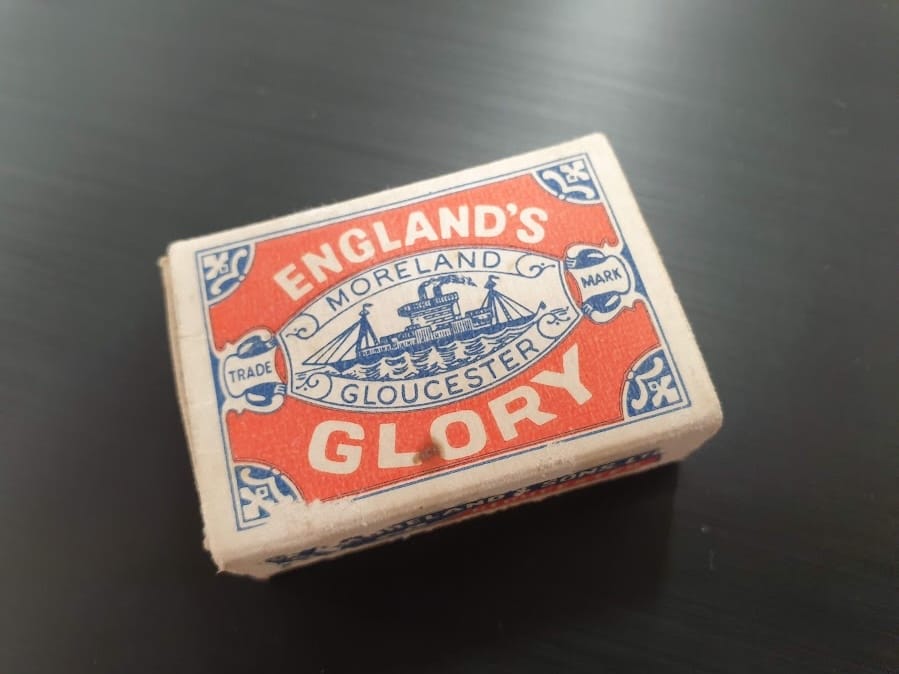
And when they came and they set up, they were selfless and not selfish about themselves and we've noticed from listening to their stories over the years, their whole ethos was about building a social structure and physical assets that gave space to future generations. Their vision was not about themselves, it was for who was to come.
Gloucestershire is 70% rural and the nature of who we are, what we do, how we do things, is impacted by our environment, so we are very different to those in inner city London, Birmingham or Bradford. We have a very unique identity as a Muslim community living in rural Gloucestershire."
We wanted to tell our own authentic story, in a way which we were comfortable with without it being exploited or adapted for somebody else's gain.
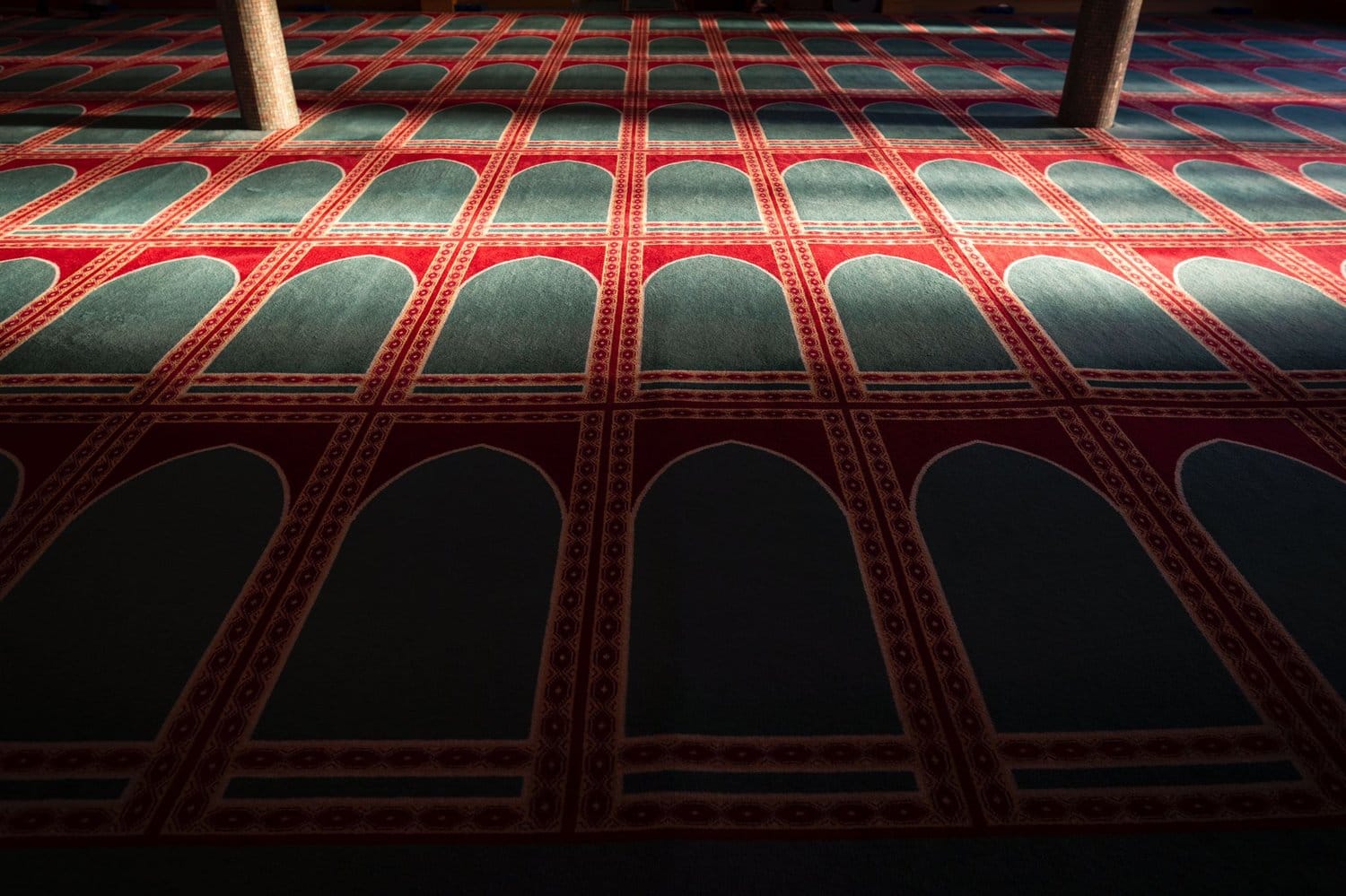
The screening is our second opportunity at the Film Festival. Last year we showed the first film: Gloucester's Glory and we had a really good turnout.
We create a space of trust, a space for others to get involved, a safe space for questions to be asked and answered. Many people haven't seen our first film - and we don't put our films online, you can only watch them in this space. The power of films in physical showings is more than the showing, it's the opportunity to engage, to connect, eat food, understand cultures and have dialogue.
That's why all of our work has been in physical settings where communities come together and it's about relationship building and engagement, rather than reach.
This time at the Stroud Film Festival, we'll be showing the brand new film: Pioneering Glimpses and it's very different to the first one.
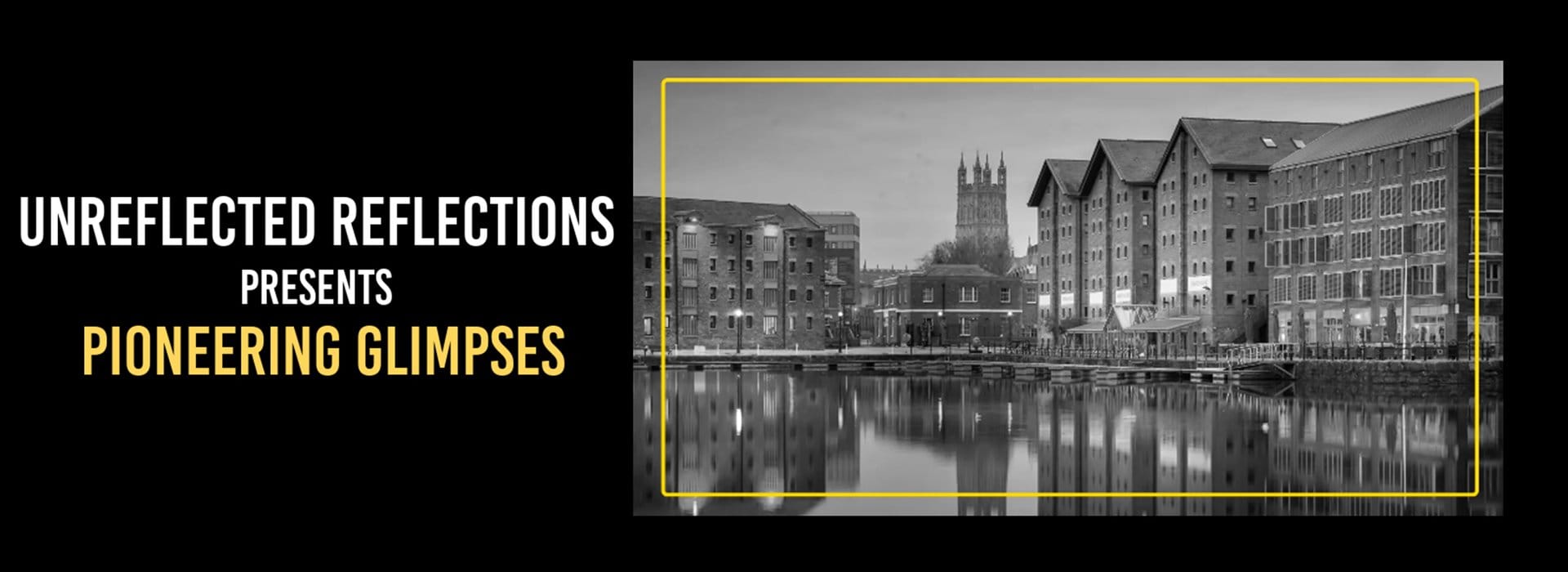
In our culture, hospitality, food and conversations around food is a big draw. So the plan is to show the films but also we'll have delicacies, elements of food and those hospitable aspects which give the opportunity because sometimes its those little conversations in the line when we are waiting or when we are picking our food are the most meaningful conversations.
Food is an icebreaker for conversations where traditionally you may not say anything in a queue, but sometimes the smell, or the taste, something starts going and it leads to something bigger.
The dialogue that you have with the audience is a very important part of this.
The element of facilitation is key because each film is - the film. You don't have the opportunity to converse with the film. You hear the story and there is an element of broadcast from the film. But the context, the history, the introduction, the sacrifice, and the DNA of the film is very much held in the facilitation of it.
For me it is that aspect of "how do we bring this 20 minutes to life?"
If I just showed the films and people went home, they would be left with more questions, and that element of space, safety, conversation, Q & A, authenticity, allows people to be themselves but whilst we talk about the Muslim community in the film, it's more than that because when I've shown it, it's being taken by many communities as something personal.
My focus is on the Muslim community but we're all parts of communities and these films resonate with many different people in many different ways. The central topic is beyond faith and I've now been approached by people from the Sikh community, the Somali community, people in other major cities to tell their stories.
It seems as though people need to have permission to tell their stories and for me, it's about giving inspiration: you have that permission already, now go and tell your stories.
Community storytelling is often let down by not having great production: it's going to be low quality because it's done in communities and that level of budget, creativity and expert delivery is not available.
One of the early pieces of advice I had from somebody was: "Your stories will be rich, make sure you match their creative delivery"
These people have shared their stories, offset their burden, opened up their trauma and for me I can't be mediocre in what I deliver. We've used good production companies that have put a lot of work and time into it and that means money. It's been a challenge but sometimes if you want something good and high quality, you have to pay for it.
I think I expected that because it's more than telling your story, it's exposing yourself. And exposing yourself to elements of people you don't know, people who are new, and it's also exposing yourself to those that know you and that's the hardest because the critics and the critiques that are closer to home are the harshest and people are more worried about what people they know will say, rather than what their story is.
The whole journey has been about sensitivity, respect, trust and letting people lead the work. If they weren't comfortable, I'm happy - people were being filmed and then messaged me later saying "can you delete us?" and it's that level of respect, that if I allow them to speak and share their story in a way which has lightened their burden and trauma, then I'm happy with that.
It's not about making a film, where somebody hasn't been able to be themselves. Some people have backed away or phoned me up on the morning of the shoot to say "sorry, I can't do it."
For me, the element of having a camera there, which is non-judgemental, and without a solution and not a critic has been the most powerful thing because it's not a therapy session then: it's you telling your story.
Many have never put themselves in front of a production company. Many thought that this would just be one simple camcorder, or a phone that would be on a tripod - and then when we bring them in and there's two massive headlamps and we've got haze and smoke in the background and we have all the other elements of high production, cameras and rigs all set up,.
It is imposing, because it's you on one side in your chair telling your story, whilst you have four other people: one producer, one person doing the interview, two people on camera - it's daunting and then in that element, to share your story, you're making yourself very vulnerable.
Stories are so powerful in any generation. I think we only value stories when there has been some professional attachment to it, or some impact on a commercial basis, or they have an agenda, whereas everyone's got a story.
Your story is as powerful as you are.
And that's what it is: We had to be authentic to what's local to us. I can't be going out of Gloucestershire and telling you somebody else's story. Otherwise, it's the same situation: people would be complaining around what we've complained about - someone will be telling our story on our behalf.
That authenticity of doing what's close to home and allowing it to be organic, in the way that is comfortable for those telling that story. It's so hard, how much information can you gather when there are limited resources about.
I have to be clear, as a disclaimer, we've only had 16 - 17 people in both films, so the films themselves are not representative of the whole Muslim community. That will be difficult - to get representation of 9,500 — 10,500 people in two twenty minute films for a community which has grown over seventy years. But you have to start somewhere and with someone.
I understand that there has to be representation but that representation has to be factual as well. I can't bring people in who didn't experience that era to share for the sake of representation.
As more people get to see the second film and the way that we've managed the relationships, sensitivities and the safety of people I think more people have got to understand what we've tried to do and what we have done as well. This is a journey itself and on that note, we've gone into production for film number 3!
I think there have been more tears than anything else. Tears of memories, tears of happiness, tears of remorse, tears of forgotten stories, unearthing. It's been powerful because a lot of people have now started to talk about the work.
We've only just created the social media accounts in November, until then everthing was through the trust of word-of-mouth and it's only through those relationships that people came to see the work throughout the years. There is more to be done and now as the energy grows, more people want to tell their stories.
Many people have said this and I've seen it in the feedback too: "You can watch the films multiple times and you will take away something new every time." It's interesting because everyone gets to see them for the first time and be wowed by them.
I was passionate in capturing the stories and in valuing and showing gratitude for those who persevered for us, who chose Gloucestershire. They could have gone to many other cities, for me it is about understanding the why? What I've learned is the people that you see everyday are the most powerful, they have the richest stories. They tell you "oh I've got nothing to say" and then you put them in the hot seat and they can't stop talking! That's the reality of it because they are reminiscing on history.

Interview with one of the subjects of the first film, Mahmoud
Both of the films we have probably filmed around ten to twelve hours of footage for 20 minutes of film. We have captured this whole bank of information. One day I can make these as raw edits and leave them as raw cuts and there's a story right there where I could put on a Silent disco, where you wear headphones and listen to someone's story for an hour and you could "Walk in My Shoes."
The next film - film 3 - is a celebration of 50 years and this will be intersectional between health and wellbeing, art and creativity, a generational connection between the Elders and the younger generation, so this film will encompass many aspects of our community.
Our motto is "Stories and Narratives of Change" - we tell stories that bring about change.
unreflected reflections: gloucester's glory & pioneering glimpses are screening at the Trinity Rooms on Saturday 2 March from 4pm. Food will be available at the screening.
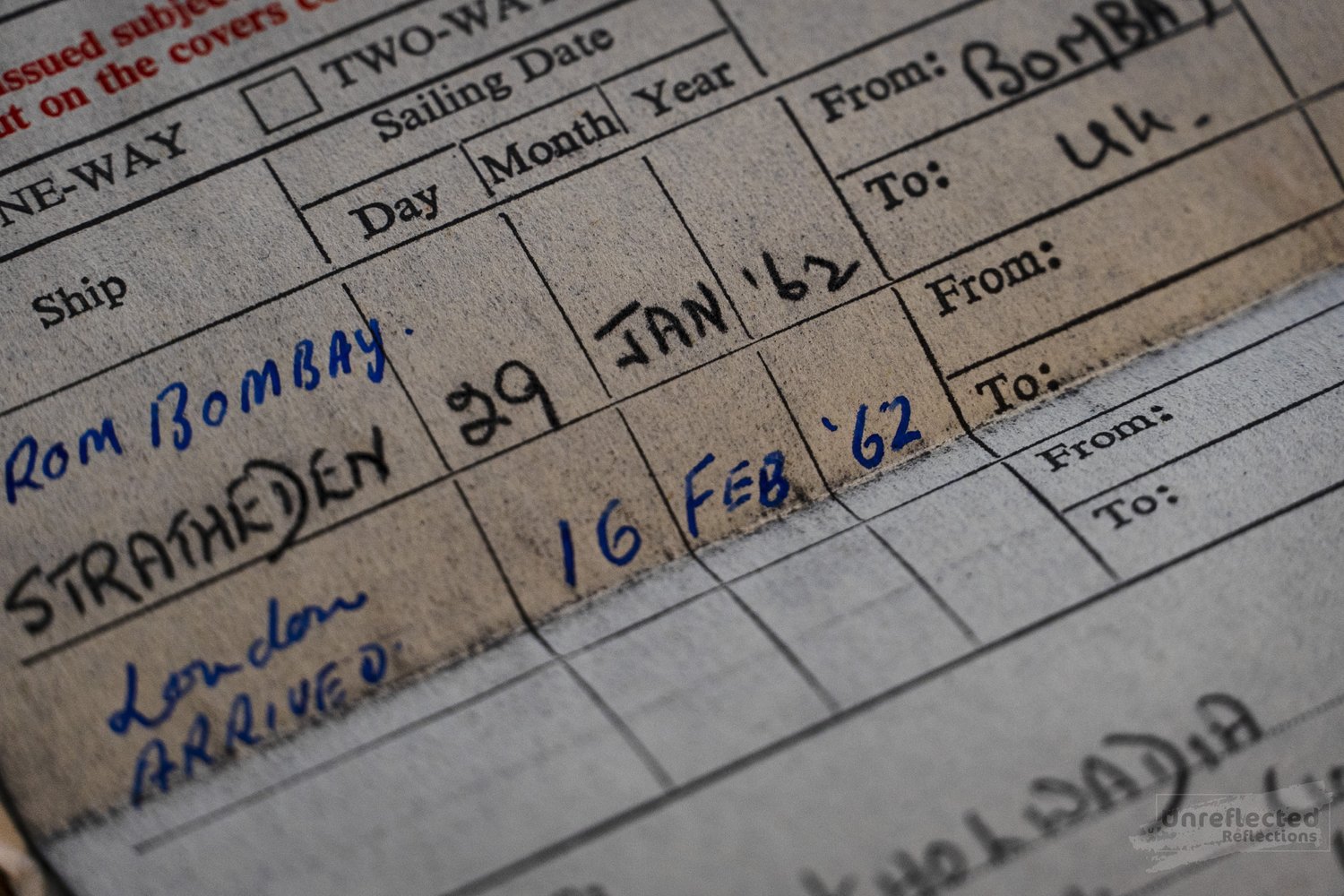
There is also a Cooking Workshop with Gloucester's Muslim Community at the same venue on Sunday 3 March from 10am - 2pm

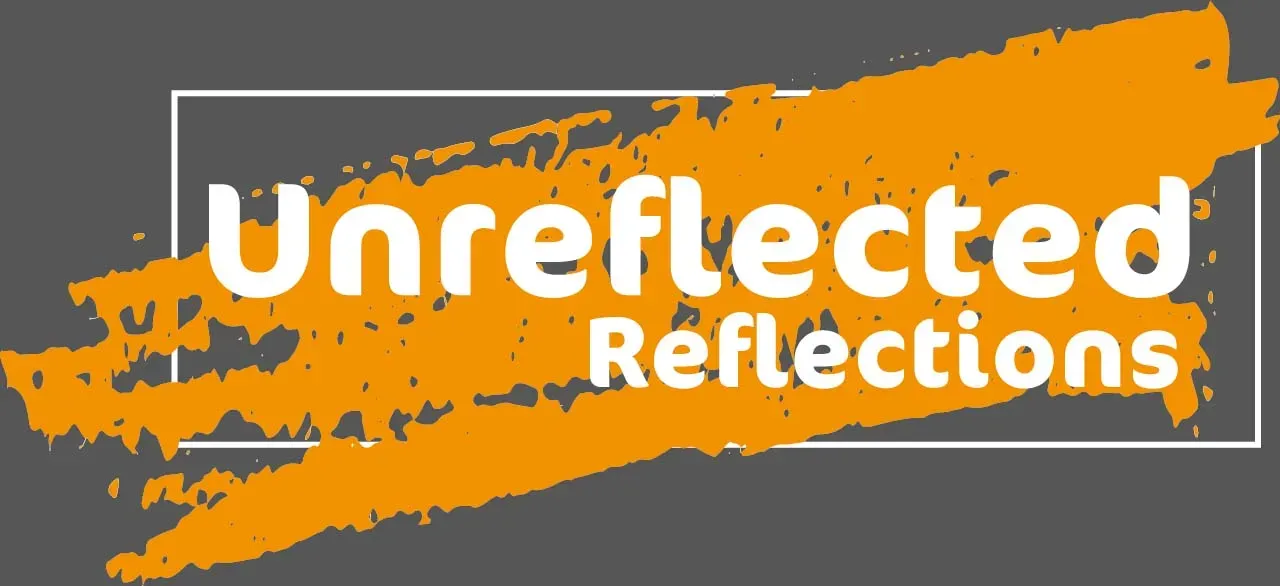




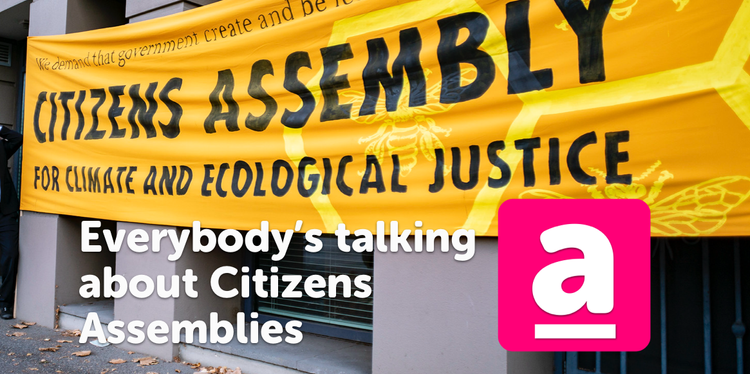
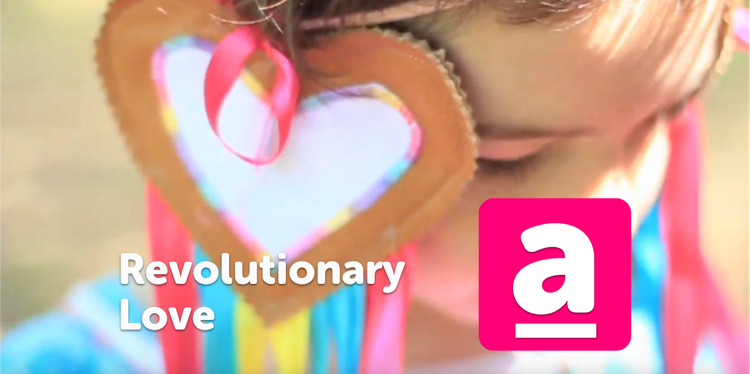

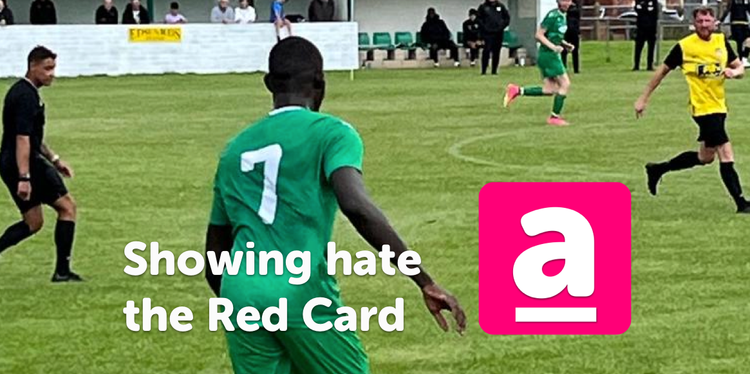
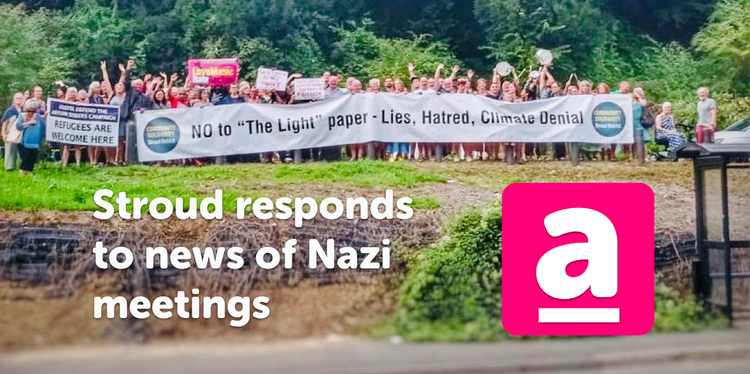
Member discussion